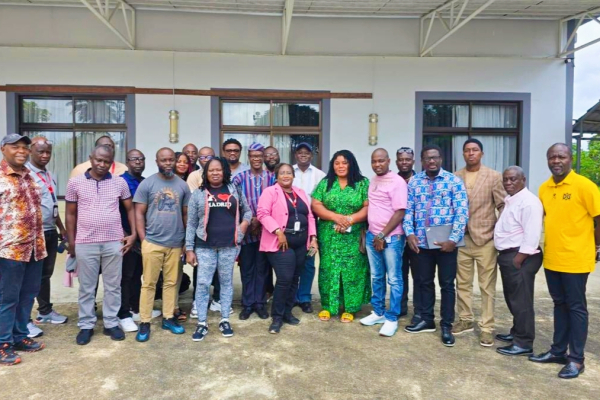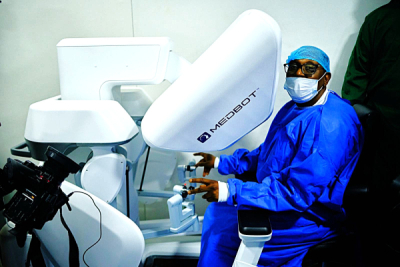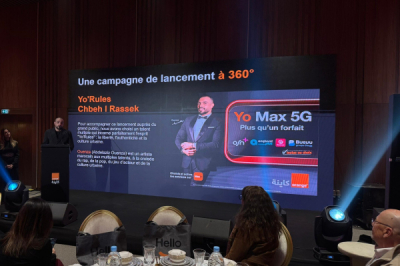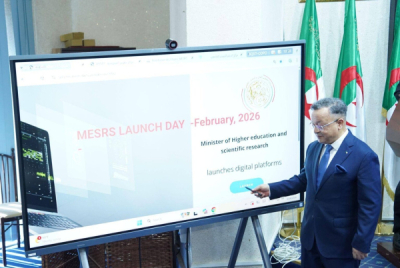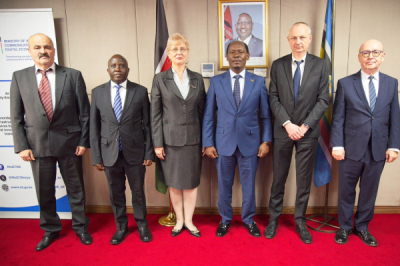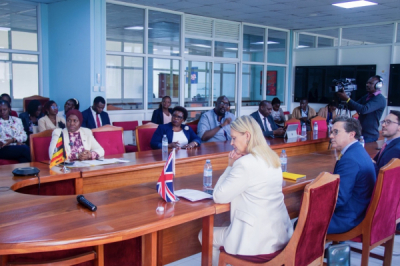According to authorities, digital transformation is a key driver of Liberia’s socioeconomic development. It spans several areas of public governance, including tax administration.
The Liberia Revenue Authority (LRA) is intensifying its digital transformation strategy to modernize the nation's tax administration. Last week, the agency completed a thorough review of its Domestic Tax Department's standard operating procedures (SOPs) to align them with current operational realities, particularly in light of technological advancements. This review is a key component of a broader national initiative to digitize tax processes.
"We are moving toward automation. Our processes and SOPs must align accordingly. It is critical that we invest more in IT to reduce waste and eliminate redundant processes, including manual auditing. Countries like Zambia are already reaping the benefits of digitization, and we must follow suit,” said James Dorbor Jallah, Commissioner General of the LRA.
In May, the LRA introduced a new intelligent revenue monitoring system, developed by international tech firm N-Soft, designed to boost transparency and efficiency in tax collection. The same month, the LRA also expanded its partnership with the United Nations Development Programme (UNDP), focusing on three strategic areas: domestic resource mobilization, digital transformation, and institutional capacity building. Additionally, the Automated Performance Management System (APMS), introduced in September 2024, is slated for live operation in 2025.
Central to this transformation is the Liberia Integrated Tax System (LITAS), an integrated digital platform that streamlines tax management. LITAS offers a range of services, including online payments via bank transfer or Visa card, digital tools for tax calculation and verification, and the issuance of tax identification numbers and compliance certificates.
This digital push aligns with recommendations from the Organisation for Economic Co-operation and Development (OECD), which emphasizes that the primary goal of digital tax administration is to simplify and reduce the cost of tax compliance. The OECD highlights, "If paying taxes is burdensome, it results in higher time and financial costs for individuals and businesses. When scaled across the economy, these inefficiencies can represent significant losses in both direct costs and productivity."
Despite these advancements, Liberia's digital tax infrastructure remains under development. To ensure its effectiveness, several crucial prerequisites must be addressed: reliable internet access, appropriate digital equipment, a stable electricity supply, and comprehensive training for tax officials to develop the necessary digital skills for optimal system utilization.
By Isaac K. Kassouwi,
Editing by Sèna D. B. de Sodji


